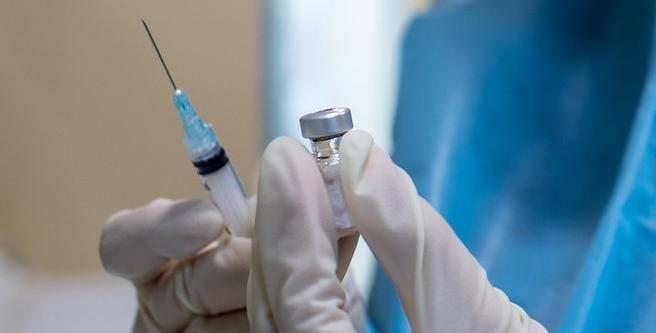Amid rising flu activity causing decade-high hospitalization rates, COVID-19 markers are also rising following the Thanksgiving holiday, prompting new warnings today for Americans to take precautions in the lead-up to Christmas and other year-end holiday gatherings.
As clinics and hospitals grapple with an onslaught of multiple respiratory diseases, however, the head of the Centers for Disease Control and Prevention (CDC) said today there are hopeful signs that respiratory syncytial virus (RSV) activity may have peaked in some parts of the country.
Concerns rise ahead of Christmas
At a CDC telebriefing today, Director Rochelle Walensky, MD, MPH, said officials have started to see post-Thanksgiving rises in COVID-19 cases and hospitalizations, a concern as families prepare for holiday multigenerational gatherings. Much of the rise in hospitalizations is among older age-groups and in other vulnerable groups.
She urged people to get vaccinated against flu and to receive the updated COVID-19 boosters as one tactic for reducing transmission over the holidays, the risk to people with underlying risk factors, and the burden on hospitals.
This week also marks the CDC's traditional National Influenza Vaccination Week, an effort to boost uptake ahead of the flu season peak, which often occurs in December or January. CDC officials have raised concerns about lower flu vaccine uptake compared to last season in some risk groups, including pregnant women.
Two weeks ago, the Biden administration announced a 6-week sprint to expand uptake of updated COVID-19 boosters.
Precautions can take heat out of holiday surge
Walensky said RSV activity may have peaked in the South and Southeast and may have leveled off in the Middle Atlantic and Midwest regions.
Still, hospitals systems across the nation remain under pressure, and she urged people to take three steps. Besides getting vaccinated against flu and COVID, she urged people to take everyday precautions such as improving indoor ventilation and wearing a high-quality, well-fitted mask, especially in areas where community transmission is high. Walensky also urged people who have flu or COVID-19 to seek early antiviral treatment, especially those who are at risk for complications.
Share your love by not sharing your sickness.
At today's briefing, Sandra Fryhofer, MD an internist and associate professor of medicine at Emory University School of Medicine, said high respiratory respiratory virus activity—marked by early flu and RSV seasons—create a perfect storm for a terrible holiday season.
She said she understands that people may be tired of getting vaccinated, but she put in a strong pitch for getting vaccinated against flu, given that vaccine strains appear to be a good match for circulation strains and that, for the first time, the CDC recommends more potent formulations for seniors. An added benefit for pregnant women who get vaccinated is protection for their babies in the first months of life, before they are eligible to receive the shot, she said.
Protecting yourself, others
Fryhofer also urged people who have already had flu to get vaccinated anyway to protect against shifts in strains that can occur later in the flu season. Also, she said people should get tested if they can.
A key tactic, she added, is staying home when sick. "Share your love by not sharing your sickness."
In another development today, Pfizer said it and BioNTech have submitted an application to the Food and Drug Administration for emergency use authorization (EUA) for its bivalent COVID-19 vaccine for use in children ages 6 months through 4 years old.
It is already approved for use via an EUA in older children and adults.


















